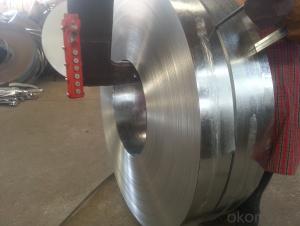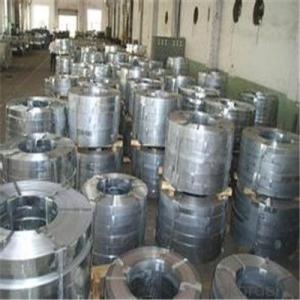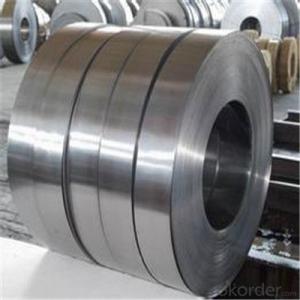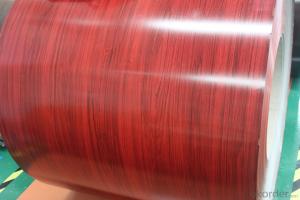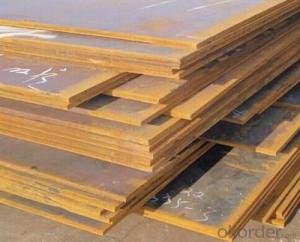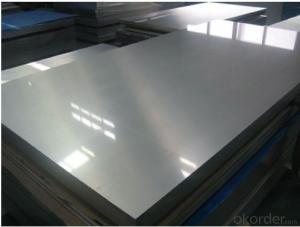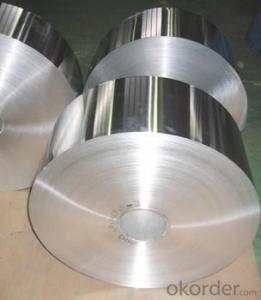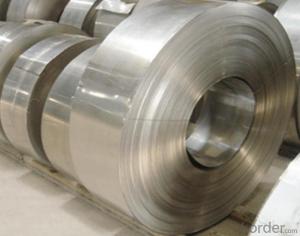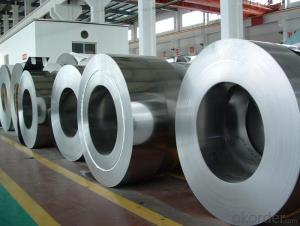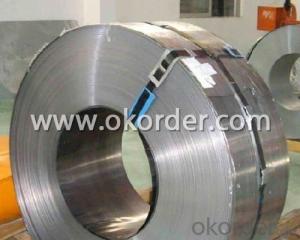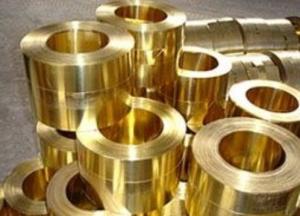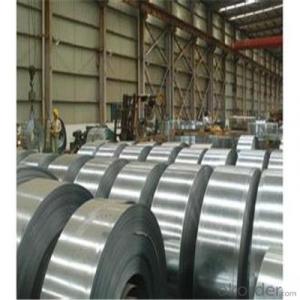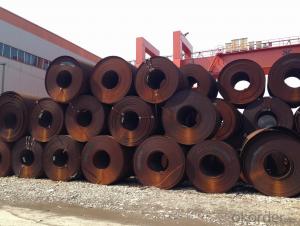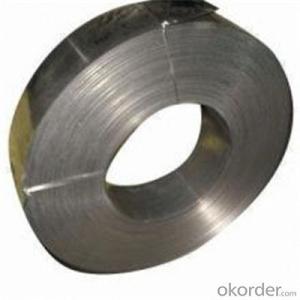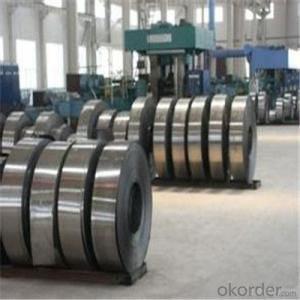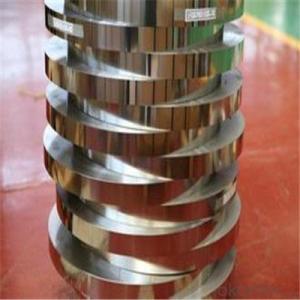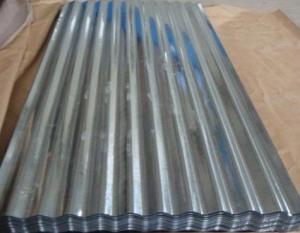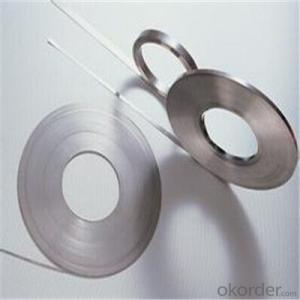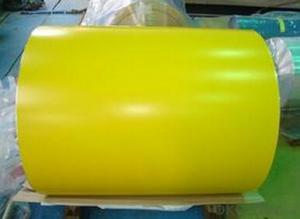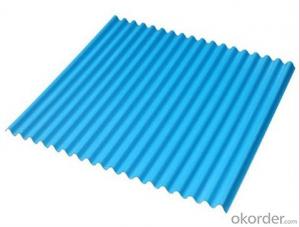All Categories
- - Steel Wire Rod
- - Steel Coils
- - Steel Profiles
- - Steel Pipes
- - Stainless Steel
- - Tinplate
- - Special Steel
- - Steel Sheets
- - Steel Rebars
- - Steel Strips
- - Hot Rolled Steel
- - Cold Rolled Steel
- - Pre-painted Steel
- - Seamless Steel Pipe
- - Welded Steel Pipe
- - Hollow Steel Tubes
- - Galvanized Pipe
- - Stainless Steel Coil
- - Stainless Steel Sheet
- - Stainless Steel Plate
- - Stainless Steel Strips
- - Electrolytic Tinplate Coil
- - Electrolytic Tinplate Sheet
- - Stainless Steel Rebars
- - Solar Panels
- - Solar Water Heater
- - Solar Related Products
- - Solar Inverter
- - Solar Cells
- - Solar Light
- - Solar Energy Systems
- - Solar Controllers
- - Solar Mounting System
- - Solar Pump
- - Solar Chargers
- - Fiberglass Chopped Strand
- - Fiberglass Mesh Cloth
- - Composite Pipes
- - FRP Pultrusion Profiles
- - Fiberglass Mat Tissue
- - Fiberglass Fabrics
- - Fiberglass Mesh
- - Composite Tank
- - Fiberglass Mesh tape
- - Polymer
- - FRP Roofing Panel
- - Fiberglass Roving
- - Monolithic Refractories
- - Ceramic Fiber Products
- - Refractory Bricks
- - Raw Materials For Refractory
- - Suspended Platform
- - Cranes
- - Concrete Machinery
- - Earthmoving Machinery
- - Building Hoist
- - Road Building Machinery
- - Plastic Pipe Fittings
- - Plastic Tubes
- - Plastic Sheets
- - Agricultural Plastic Products
- - Plastic Nets
 All Categories
All Categories
Q & A
How are steel strips used in the production of agricultural machinery?
Steel strips are commonly used in the production of agricultural machinery as a crucial component for various purposes such as structural support, reinforcement, and fabrication of critical components like blades, plows, and gears. These durable and versatile strips provide the necessary strength, rigidity, and resistance to withstand the demanding conditions and heavy-duty operations experienced in the agricultural sector.
What is the role of nitrogen in stainless steel strips and its impact on corrosion resistance?
Nitrogen in stainless steel strips acts as a strengthening element that improves the mechanical properties of the material. It enhances the hardness, strength, and ductility of the steel, making it more resistant to deformation. Additionally, nitrogen also plays a crucial role in enhancing the corrosion resistance of stainless steel strips. It forms a protective oxide layer on the surface of the metal, preventing the penetration of corrosive agents and reducing the risk of corrosion. Overall, the presence of nitrogen in stainless steel strips significantly contributes to their corrosion resistance and overall durability.
How do steel strips support the creation of high-capacity storage and warehousing systems for logistics?
Steel strips are used in the construction of high-capacity storage and warehousing systems for logistics primarily because of their strength and durability. They provide a sturdy framework for shelving units and racking systems, allowing for heavy loads to be safely stored and organized. Additionally, steel strips can be easily customized and assembled to maximize storage space, making them ideal for creating efficient logistics systems.
What is the cost difference between hot-rolled and cold-rolled steel strips?
The cost difference between hot-rolled and cold-rolled steel strips can vary depending on various factors such as market conditions, production costs, and quality requirements. However, in general, hot-rolled steel strips tend to be less expensive than cold-rolled steel strips due to the difference in manufacturing processes. Hot-rolled steel is produced at higher temperatures and involves less processing, making it more cost-effective. Cold-rolled steel, on the other hand, undergoes additional processing steps to achieve a smoother and more precise finish, which increases production costs and subsequently the price of the steel strips.
Wholesale Steel Strips from supplier in Brazil
Our team of experts is highly experienced in the steel industry and can assist you in choosing the right steel strips for your specific requirements. Whether you need steel strips for automotive, construction, or any other industrial application, we have the expertise to guide you towards the most suitable product.
In addition to our sales and technical support services, we also offer competitive pricing and reliable delivery options. We understand the importance of timely supply and strive to ensure that your steel strips are delivered to you on schedule, keeping your projects on track.
As a subsidiary of CNBM, we have access to a vast network of resources and industry connections. This allows us to source high-quality steel strips from reputable manufacturers and offer them to you at competitive prices. We are committed to providing you with the best value for your money and ensuring your satisfaction.
At our company, customer service is a top priority. Our dedicated team is always ready to assist you with any inquiries, quotations, or technical support you may need. We aim to build long-term relationships with our customers based on trust, reliability, and excellent service.
If you are looking for a reliable supplier of steel strips in Brazil, look no further. Contact us today to discuss your requirements and let us provide you with the best steel strips procurement solutions available in the market.
In addition to our sales and technical support services, we also offer competitive pricing and reliable delivery options. We understand the importance of timely supply and strive to ensure that your steel strips are delivered to you on schedule, keeping your projects on track.
As a subsidiary of CNBM, we have access to a vast network of resources and industry connections. This allows us to source high-quality steel strips from reputable manufacturers and offer them to you at competitive prices. We are committed to providing you with the best value for your money and ensuring your satisfaction.
At our company, customer service is a top priority. Our dedicated team is always ready to assist you with any inquiries, quotations, or technical support you may need. We aim to build long-term relationships with our customers based on trust, reliability, and excellent service.
If you are looking for a reliable supplier of steel strips in Brazil, look no further. Contact us today to discuss your requirements and let us provide you with the best steel strips procurement solutions available in the market.
